In this Article
Toggle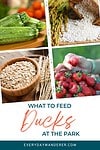
Are you planning an outdoor outing and wondering what to feed ducks at the park? You’re not alone. This guide will ensure that your feathered friends enjoy your visit as much as you do without ruffling feathers or disrupting their diet.
My fondness for ducks began in childhood. Even after a four-year-old me defied my Dad’s warning and was bitten on the hand after trying to pet a handsome mallard, I still love these docile creatures. Decades later, whenever I spot them waddling around a park or gliding across a pond, I can’t help but smile.
When you visit a park, you may want to share a smorgasbord of leftover food from your picnic with these gentle pond dwellers. But it’s important to pause and consider the impact on both their health and the park’s ecosystem.
Feeding ducks inappropriate food can harm their well-being and upset the ecological balance. Following these helpful tips about the safe and unsafe foods for ducks will ensure a delightful day out for everyone.
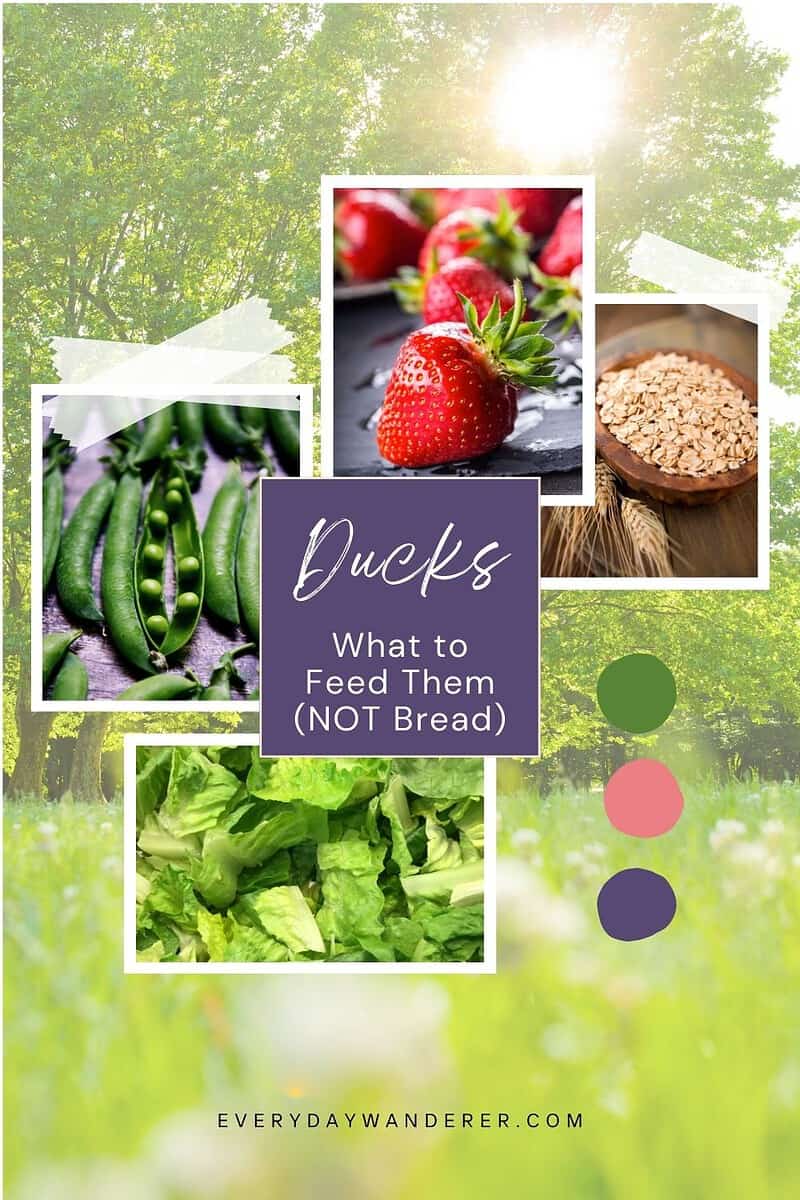
To help offset the costs of running EverydayWanderer.com, you’ll find affiliate links lightly sprinkled throughout the site. If you choose to make a purchase via one of these links, there’s no additional cost to you, but I’ll earn a teeny tiny commission. You can read all of the legal blah blah blah (as my little niece says) on the full disclosure page.
Foods That Are Safe to Feed Ducks at the Park
If done correctly, feeding ducks can be an opportunity to observe wildlife and contribute to their well-being. Here are some foods you can safely share with wild ducks at the park.
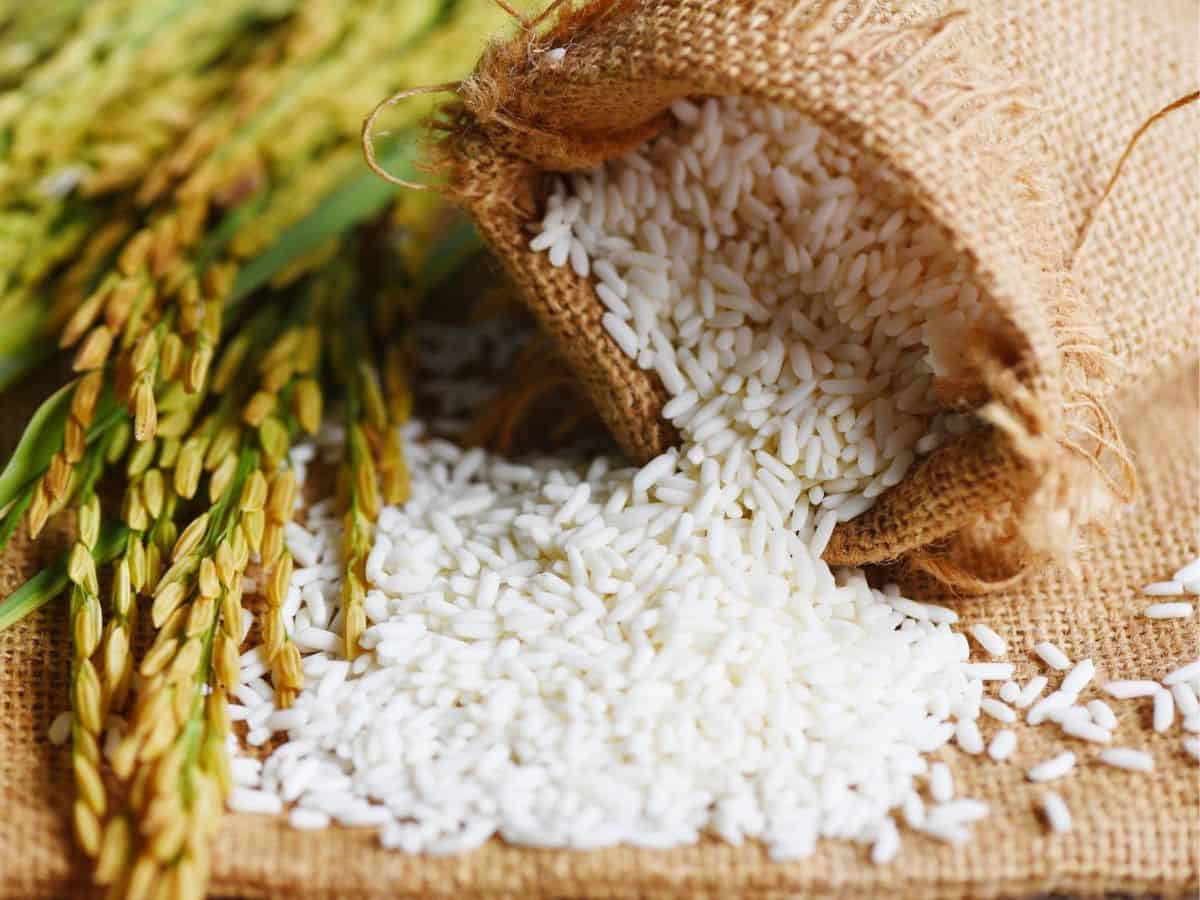
Grains and Seeds
Ducks are natural foragers, and in the wild they often eat a variety of grains and seeds. You can safely offer them the following:
- Uncooked rice grains
- Wheat, barley, or similar grains
- Oats, either rolled or instant
- Millet or any type of birdseed appropriate for wild birds
- Duck feed pellets or duck feed
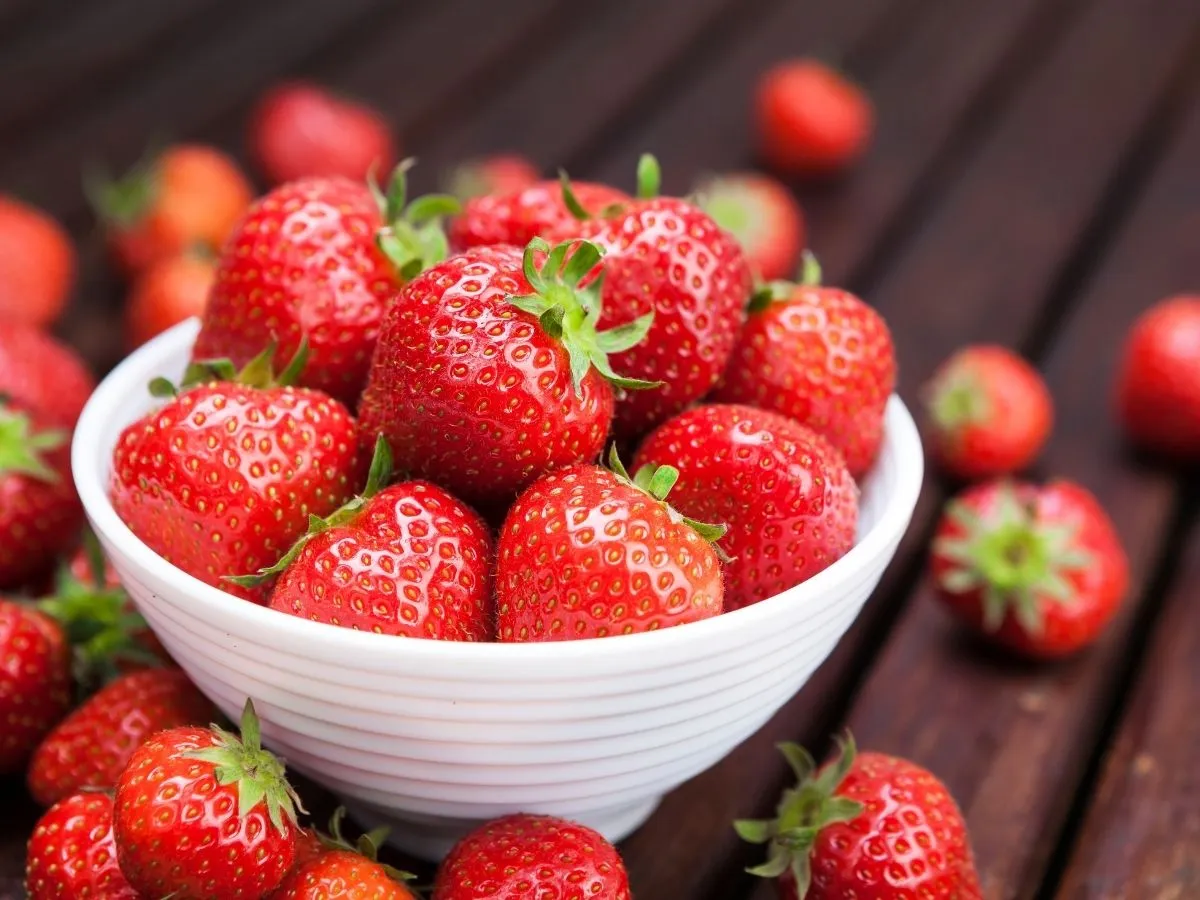
Vegetables and Fruits
Just like humans, ducks appreciate a varied diet rich in vitamins. Some duck-approved veggies and fruits include:
- Chopped lettuce or other greens
- Peeled and cubed pumpkin or squash. Feeding the ducks at the park is an excellent way to use up zucchini from your garden when it’s producing on overdrive!
- Grapes, cut in half
- Strawberry greens or melon pieces
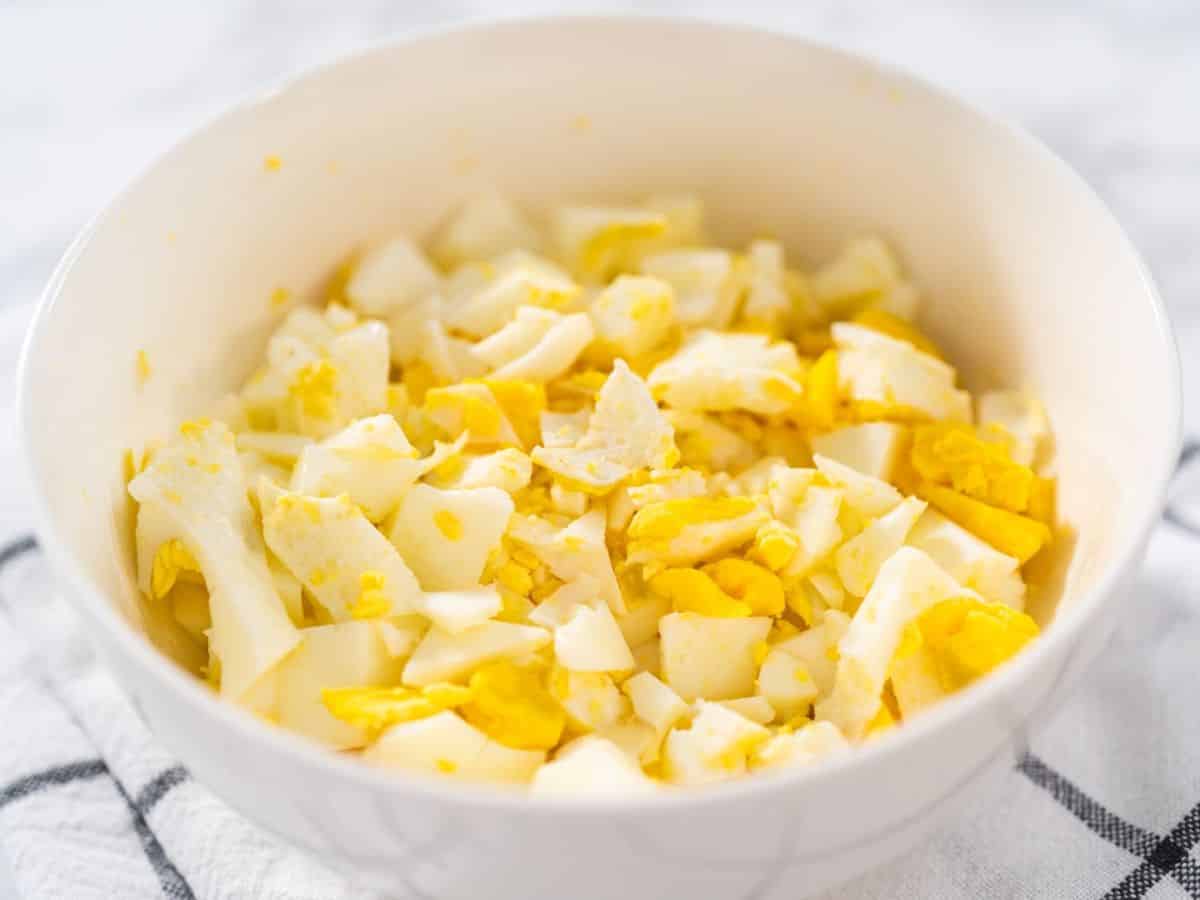
Proteins
While ducks get a lot of their protein from insects, and allowing them to do so helps to control insect populations in public parks, you can also offer them:
- Cooked beans, unsalted and cooled
- Chopped hard-boiled eggs
- Mealworms, available at pet or bird-feeding stores
What NOT to Feed Ducks at the Park
While sharing your picnic scraps with the wildlife may be tempting, not all foods are safe. Below are the foods you should avoid sharing with the ducks.
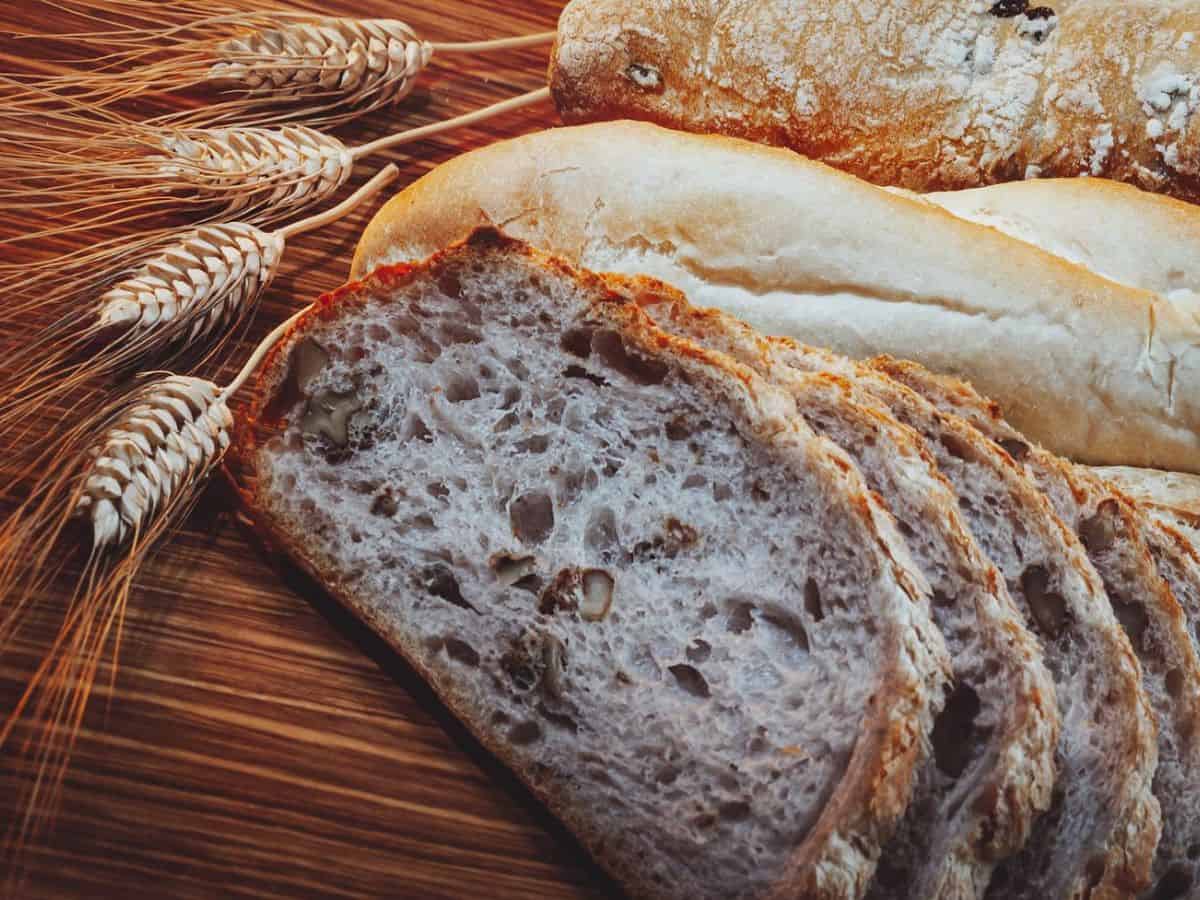
Bread and Similar Products
You may have taken a loaf of stale bread down to a duck pond near you as a child — I know I did this a few times in my youth — but you should never feed ducks bread. Especially highly processed white bread. The same is true for crackers, chips, and other processed foods. They are the equivalent of junk food for ducks. They offer little nutritional value and can lead to health and environmental problems.
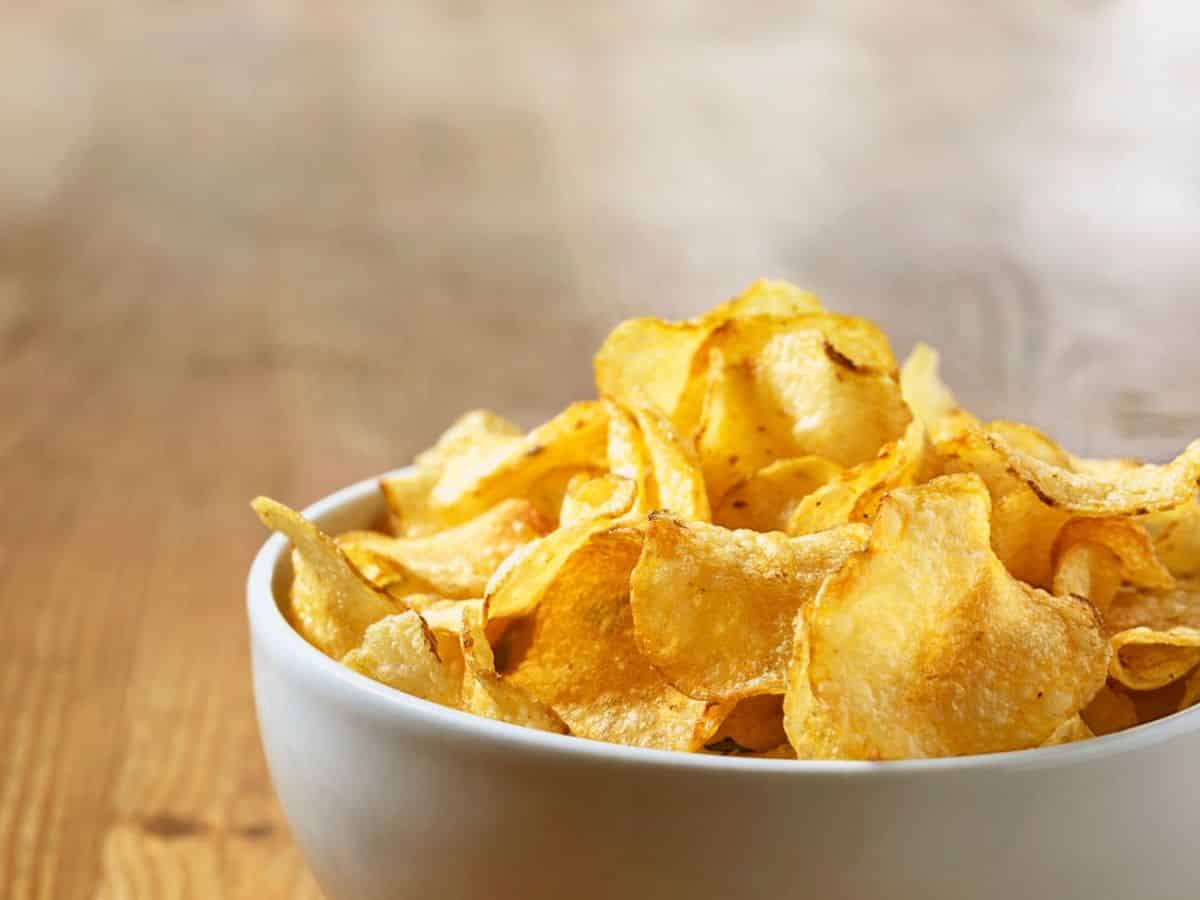
Junk Food
Candy, chocolate, popcorn, and any form of sweets can be dangerous for ducks, potentially leading to malnutrition and disease.
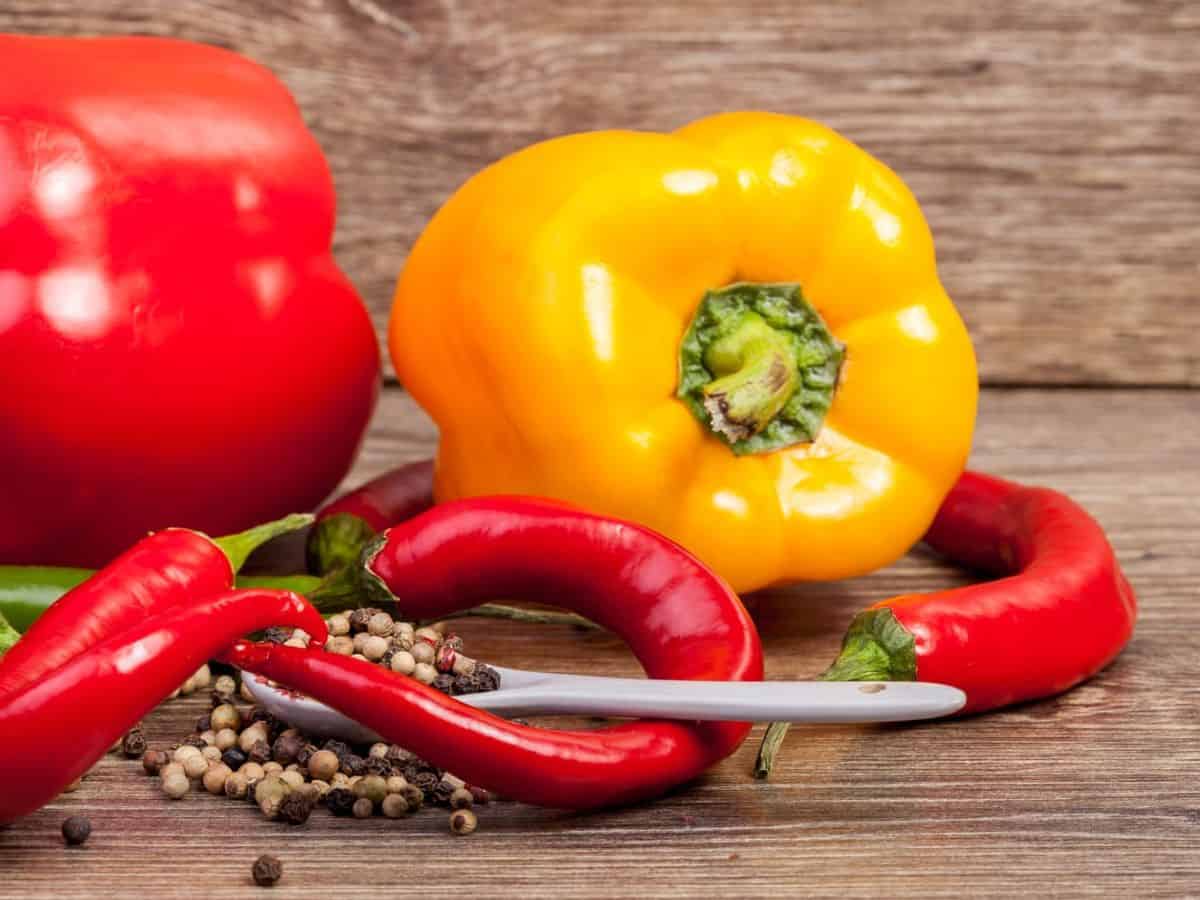
Vegetables in the Nightshade Family
Vegetables like tomatoes, peppers, white potatoes, and eggplants can be toxic to ducks. To keep the wildlife safe, avoid giving them any food in this category.
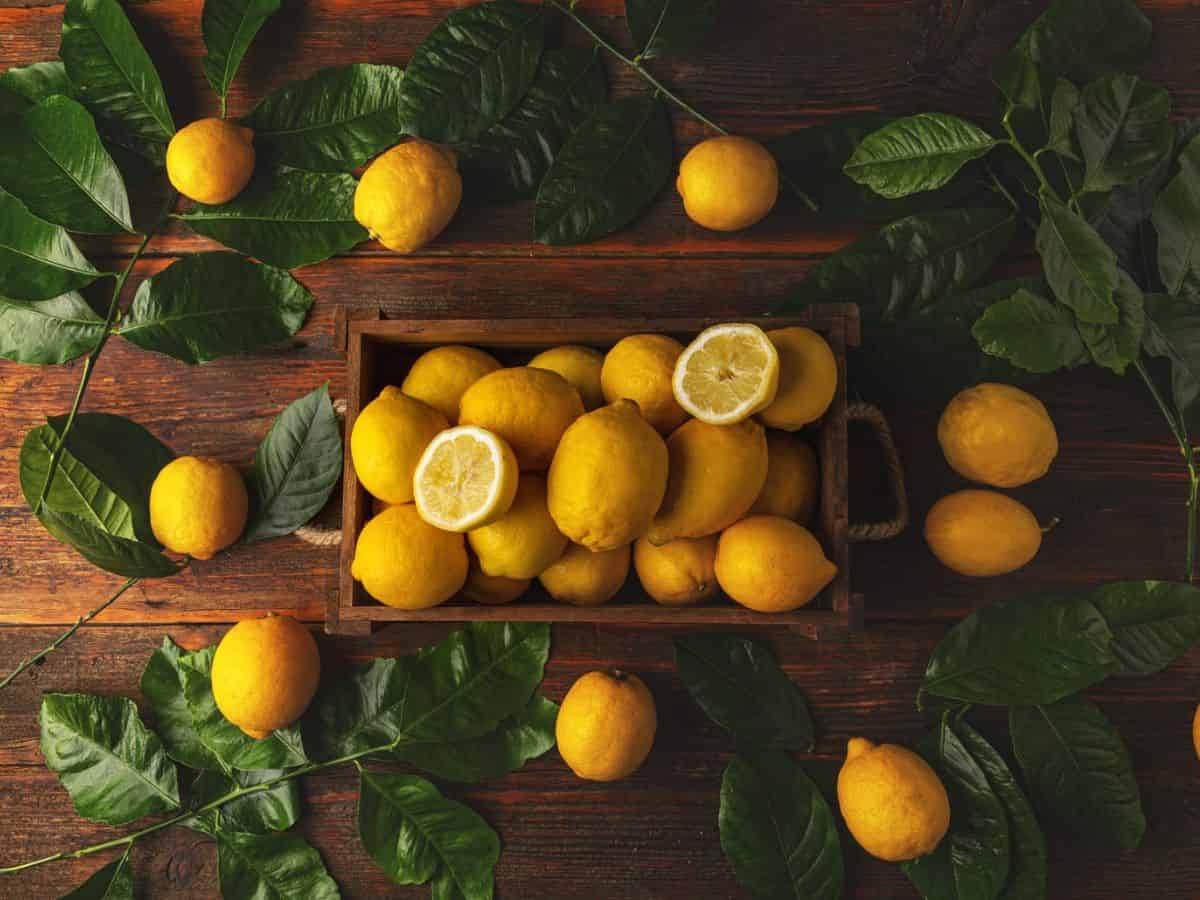
Mangoes and Citrus Fruits
While ducks can safely eat fruits like apples, pears, and bananas, you should avoid feeding them mangoes and citrus fruits like lemons, limes, and oranges. These fruits can cause the ducks to experience acid reflux and stomach pain.
Tips for Feeding Ducks at the Park
To ensure a pleasant experience for everyone at the park, consider these tips:
- Never feed junk food or bread to ducks.
- Always feed ducks in designated areas, if provided.
- Heed all posted signs about feeding wildlife — if a public park asks you not to, don’t!
- Offer food gently, allowing ducks to come to you to avoid startling them.
- Never approach a nesting female.
- Be mindful of the amount you feed ducks. Their natural foraging behavior is vital for their health and maintains the park’s natural balance.
- Dispose of any uneaten food or other waste properly, especially plastic bags and twist ties.
Duck Feeding Done Right
Responsibly feeding ducks at the park can enrich your visit and help maintain a healthy habitat for these adorable creatures. So the next time you head to your local park, remember these tips. By only sharing the right foods with your feathered friends, you’re respecting nature and creating a harmonious space for all park life.
What Do You Feed Ducks at the Park?
After covering the dos and don’ts of feeding ducks, I want to hear from you! What do you typically feed ducks at the park? Do you have any special memories or additional advice to share? Join the conversation and share your duck-feeding experiences below!
Ready to Go?
Use These Helpful Links to Book Your Trip!
- Find low fares with airfarewatchdog and Skyscanner
- Book your plane ticket with Expedia or Kayak
- Or take the scenic route on an epic road trip in a rental car or an RV from Outdoorsy
- From hotels to private homes, find the perfect accommodation with Hotels.com or Vrbo
- Travel in style with a suitcase, carry-on, backpack, or handbag from eBags
- Save on tickets to attractions, sightseeing tours, and more with CityPASS, Tiqets, and Viator
- Don’t leave home without travel insurance from AXA
- Discover the sights, history, and culture of your destination with an interactive scavenger hunt
- Need something else to plan your perfect trip? Visit my travel resources page for more trusted partners. Happy wandering!
Thank you for sharing!

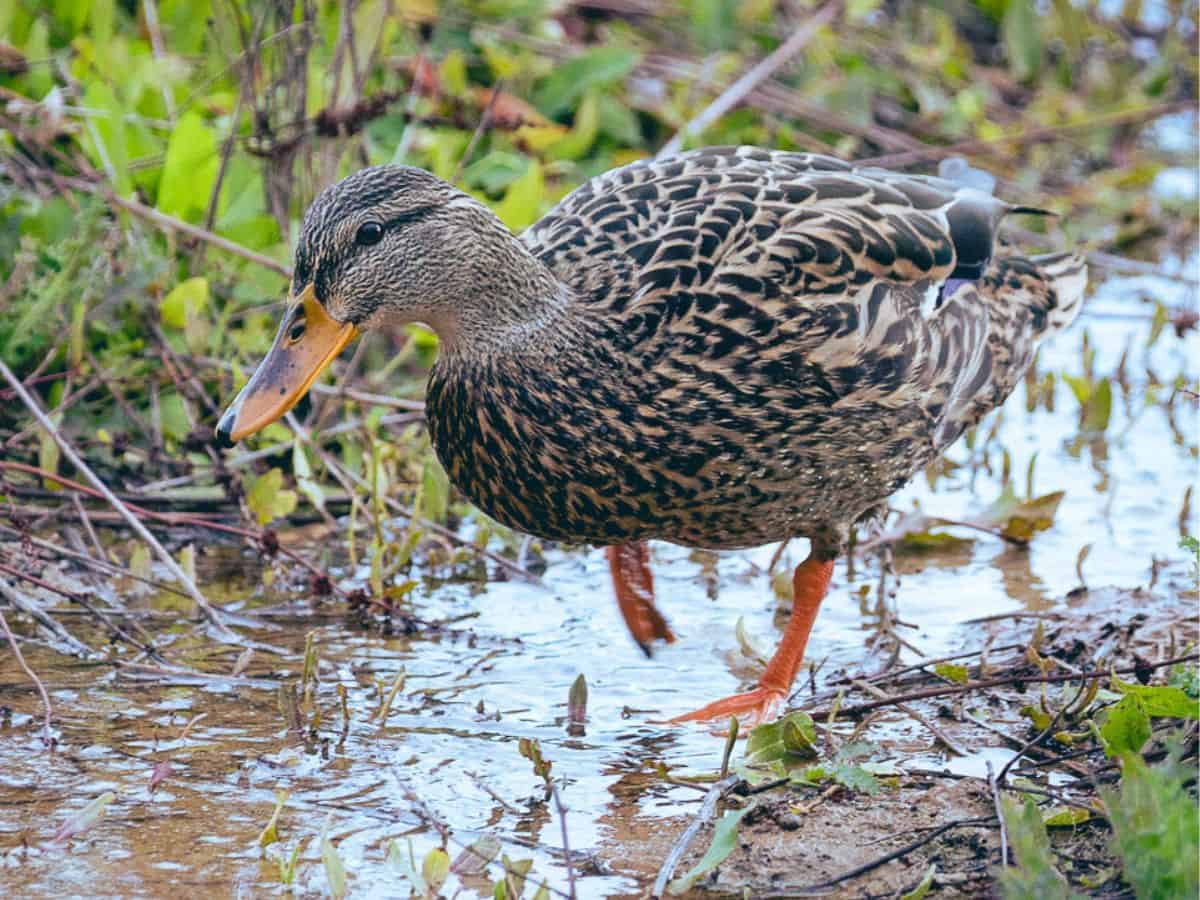


Definitely taking notes! My kids love going to the park during weekends, they’ll surely enjoy feeding the ducks!